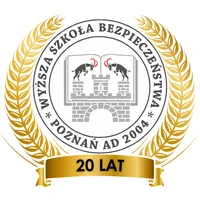Everywhere, men resign themselves to the most extreme sacrifices rather than do without government and hence security, without realizing that in so doing, they misjudge their alternatives.Suppose that a man found his person and his means of survival incessantly menaced; wouldn't his first and constant preoccupation be to protect himself from the dangers that surround him? This preoccupation, these efforts, this labor, would necessarily absorb the greater portion of his time, as well as the most energetic and active faculties of his intelligence. In consequence, he could only devote insufficient and uncertain efforts, and his divided attention, to the satisfaction of his other needs.
Even though this man might be asked to surrender a very considerable portion of his time and of his labor to someone who takes it upon himself to guarantee the peaceful possession of his person and his goods, wouldn't it be to his advantage to conclude this bargain?
Still, it would obviously be no less in his self-interest to procure his security at the lowest price possible.
Gustave de Molinari, tr. J. Huston McCulloch, §I of The Production of Security (Auburn, AL: Ludwig von Mises Institute, 2009; orig. 1849), pp. 20–21.

